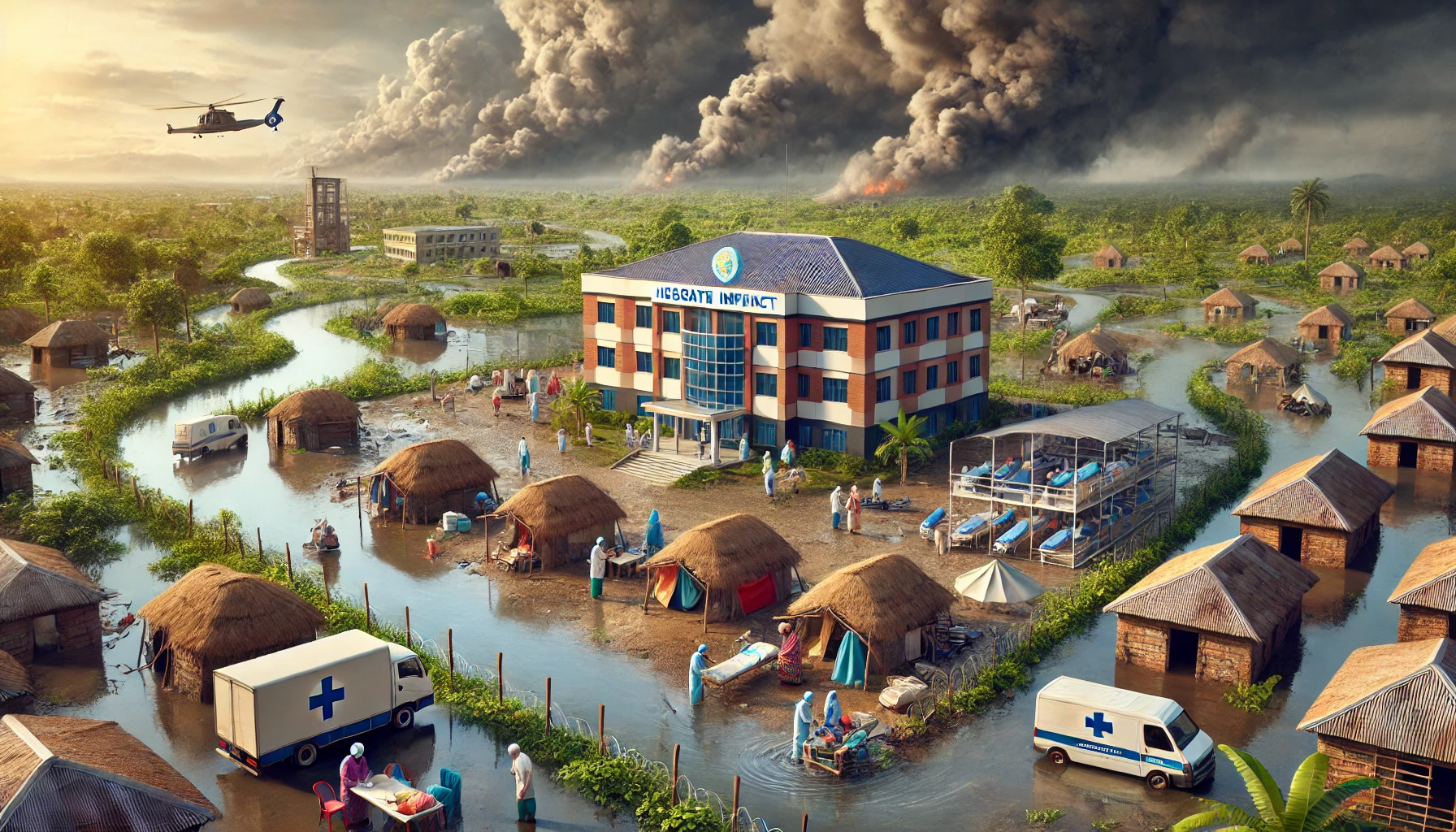UNHCR Responds to Record Number of Crises in 2024 Amid Climate Disasters and Armed Conflicts
The ongoing war in Sudan remained a focal point for UNHCR, with efforts extended for the second year to address its dire regional repercussions.

The United Nations High Commissioner for Refugees (UNHCR) faced unprecedented challenges in 2024, responding to 43 humanitarian emergencies, 26 of which were newly declared. Seven of these crises reached the agency's most severe emergency level, reflecting escalating global needs due to conflicts, new wars, and climate-related disasters, as detailed in the recently published 2024 Impact Report: Response to New Emergencies and Protracted Crises.
Record Emergency Response to Conflicts and Climate Crises
The ongoing war in Sudan remained a focal point for UNHCR, with efforts extended for the second year to address its dire regional repercussions. Similarly, severe humanitarian responses were activated to support displaced populations in Lebanon, Syria, and other conflict-stricken regions like Ukraine, Myanmar, and the Democratic Republic of the Congo.
In addition to conflict, climate-related disasters significantly drove displacement and hardship. UNHCR issued nine climate-related emergency declarations, the highest in a single year, encompassing Africa, Asia, and Latin America. These emergencies stemmed from severe floods, heavy rains, and other extreme weather events, often exacerbating existing displacement crises and creating secondary challenges such as disease outbreaks and infrastructure collapse.
"UNHCR is on the ground in 130 countries, deploying by land, air, and sea to meet the growing needs of displaced populations," said Ayaki Ito, Director of UNHCR’s Division of Emergency, Security and Supply. "Innovative technologies like enhanced early warning systems and data analytics are improving the efficiency of our responses. However, funding gaps remain a critical challenge."
Scaling Humanitarian Efforts
UNHCR dispatched 5.1 million relief items, valued at $45.8 million, from seven global stockpiles to support approximately 6 million people in need. This was supplemented by prepositioned supplies from regional and local warehouses. The organization also expanded its emergency response capacity by training 240 staff and partners, ensuring readiness to deploy within 72 hours. Last year, 132 experts were deployed to assist with gender-based violence prevention, health services, site management, data, and logistics.
An estimated 9 million displaced individuals accessed critical information through UNHCR's Help websites, a testament to the agency's growing digital outreach in crisis zones.
Urgent Call for Funding and Support
UNHCR emphasized the urgent need for flexible and early funding from donors to sustain its ability to act promptly in emergencies. Despite achieving remarkable results in 2024, the agency highlighted the widening gap between the escalating scale of humanitarian crises and the resources available to address them.
"Flexible and early support from donors is crucial to allow us to act immediately, wherever needed,” Ito stressed.
Looking Ahead
As the impact of climate change and conflicts intensifies, UNHCR is committed to strengthening its global readiness. Investments in training, logistics, and technology aim to enhance its capacity to alleviate suffering and rebuild lives amidst mounting challenges.
With continued support, UNHCR remains steadfast in its mission to protect and provide for the world’s most vulnerable populations. The agency will present its comprehensive findings and future strategies during the upcoming UN General Assembly on Refugees and Displaced Persons in late 2025.










